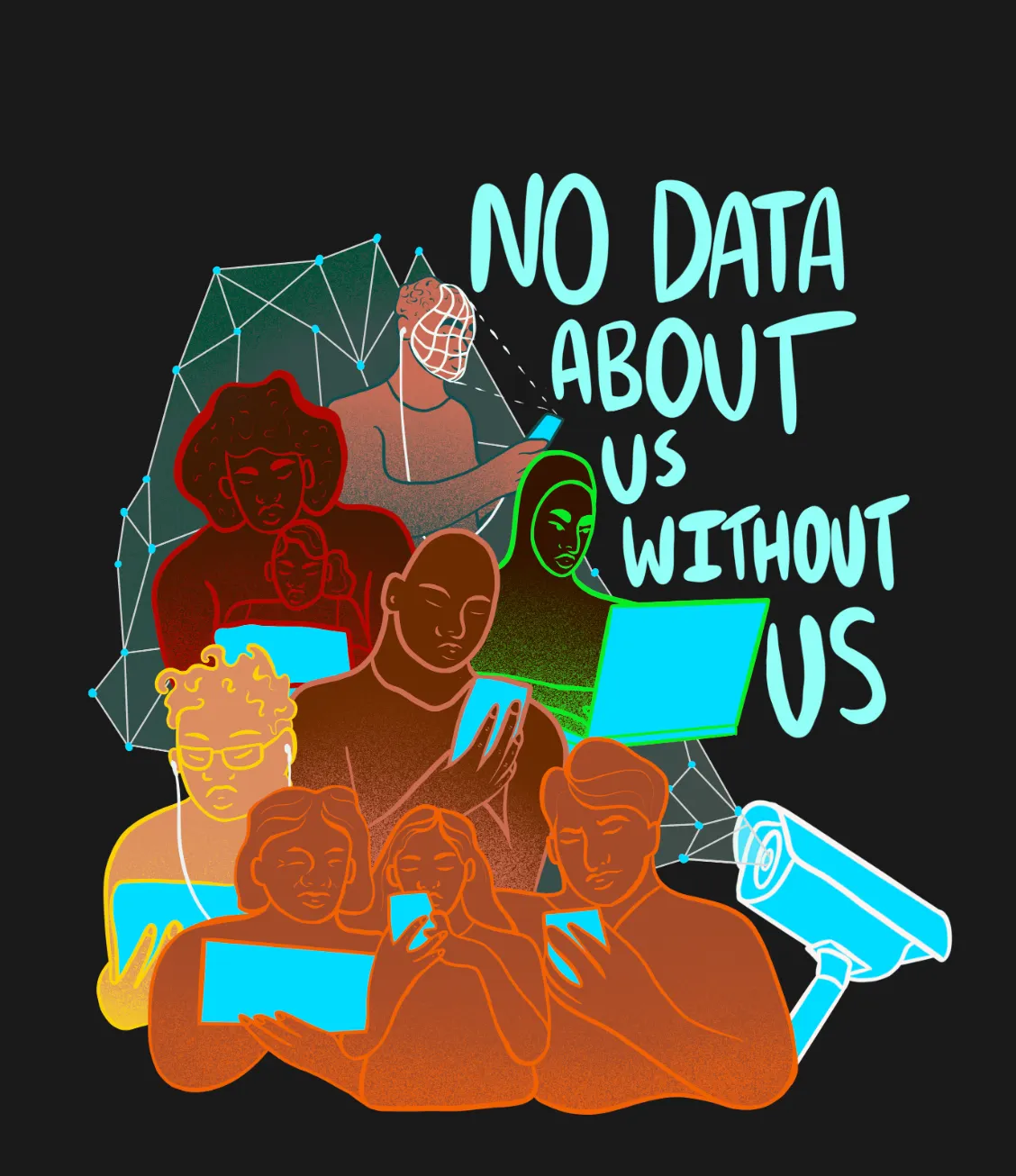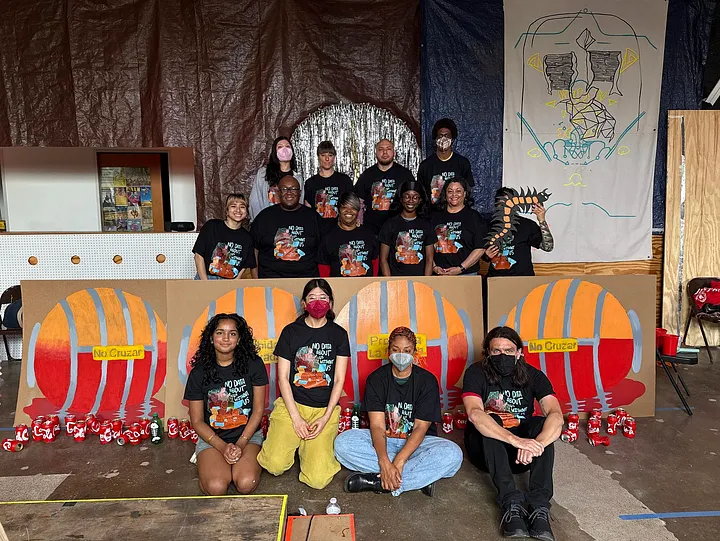edgelands blog
Welcome to the Edgelands blog, the collaborative blog of the Edgelands Institute.
Our blog is for people around the world thinking about how mass urbanization, the deployment of digital surveillance technologies to provide security services, and the pandemic are transforming the dynamics of power, who and how we trust, and the fabric of society of the cities of the world. Ours is an interdisciplinary approach. We bring together excellent research and policy, but also art, media, and the lived experience and experience of ordinary people, you, to understand these transformations.
The 21st century will not only be characterized by digital transformation. It will be characterized by how we meet the challenge of finding ways to live together in our increasingly globalized, urbanized and digitized world. The main risk is that segregation becomes the norm. That's a no-go for us. We believe that the time has come to rethink our social contract and reflect on what unites us all.




.jpg)







.jpg)

.jpg)




.jpg)







.png)





















.jpeg)
.jpg)
.jpg)

.png)
.jpeg)
.jpeg)
%204.47.15%20p.%C2%A0m..png)
.jpg)

.jpg)



%20(1).jpeg)









.jpg)

.jpg)
.jpg)
.jpg)

.jpg)
